
NewGait Featured in San Diego Business Journal
NewGait has been featured in the San Diego Business Journal, highlighting its growing impact in the rehabilitation and physical therapy

NewGait has been featured in the San Diego Business Journal, highlighting its growing impact in the rehabilitation and physical therapy
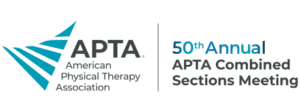
A study showcasing the effectiveness of NewGait in improving mobility for spinal cord injury patients will be presented at the

Communication with others is somewhat tricky to handle. It’s not only pronouncing the words, but it involves a huge responsibility
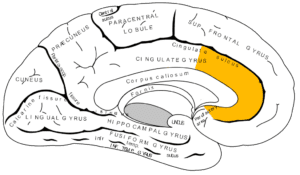
Few people realize that even damage to one part of our brain, the anterior cingulate cortex, affects how we think,
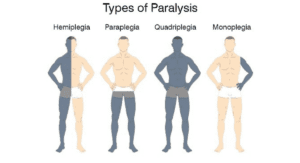
Quadriplegia means that all four legs and arms can’t move. Usually, the chest part, too, can’t move, but usually, the

Language and communication are huge struggles for many people after a TBI. But do not worry. This is where help

Stroke can make the brain tell muscles to always be tense or contract independently. That’s called spasticity. The good news
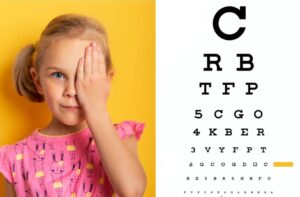
Nystagmus afflicts people who experience head trauma. Nystagmus is a series of fast, mostly uncontrollable movements of the eyes. It
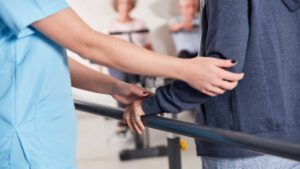
Being able to stand on your own two feet following a brain injury is often at the top of most

Strokes rank fifth in the top causes of death according to the American Stroke Association. They are the leading causes
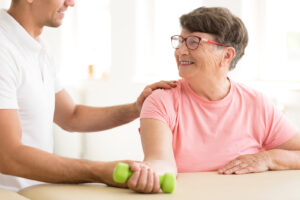
Getting better from a TBI can be done through unique exercises that aid recovery. These exercises are great for many

Recreational therapy offers a variety of entertaining activities that brain injury patients can participate in as per their ability level.